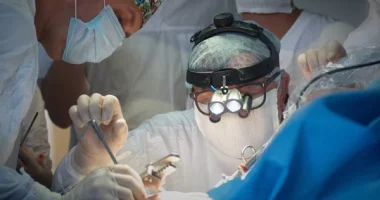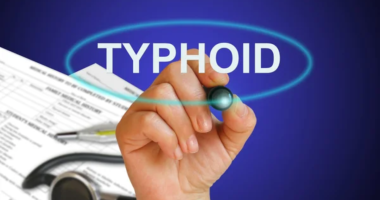Often sudden cardiac episodes occurs without warning and some people live a perfectly normal life until their heart sudenly stops beating. Researchers say a ‘deadly cocktail’ may be behind sudden cardiac episodes.
Athletes experiencing sudden cardiac episodes during competitions are not uncommon. In fact, sudden cardiac arrest is considered a leading cause of death among athletes. But it largely remains a mystery why seemingly fit people suddenly experience a deadly cardiac episode. A new study by researchers from the University of Copenhagen has demonstrated a ‘deadly cocktail’ as a possible cause of sudden cardiac episodes.
A malfunction in a protein, called the cardiac sodium channel, in the cell membrane of heart cells is associated with some of these sudden cardiac episodes. The protein is mainly responsible for keeping our heart beating. But it was not known clearly why the protein suddenly stops functioning correctly after working seemingly normal for years.
In the new study, the researchers from the University’s Department of Drug Design and Pharmacology indicated that some cases of sudden cardiac episodes may be caused by the combination of the genetic mutation and a nearby phosphorylation. Phosphorylation is a process that modifies the protein and can change its function, and it happens all the time. The process can also be triggered by stress or disease, the researchers explained.
The genetic mutation and chemical modification when combined can render the protein non-functional, which causes the heart to stop functioning. This modification also affects the response to clinically used drugs, they said.
The authors believe that their findings could provide a foundation for more research into the role of phosphorylation in sudden cardiac episodes, and help improve diagnosis and drug regimens.
Signs and symptoms you need to see a doctor during cardiac episodes
Your heart may suddenly stop beating due a problem in its electrical system. Often sudden cardiac arrest occurs without warning. Sudden cardiac arrest can cause sudden collapse, loss of breathing and consciousness. If not treated immediately, it can lead to death.
Sometimes a person may experience signs and symptoms before sudden cardiac arrest. Warning signs include chest discomfort, shortness of breath, weakness, fast-beating, fluttering or pounding heart (palpitations), lightheadedness or dizziness, fainting or near fainting. So, see a doctor or seek emergency medical help if you experience any of these signs and symptoms.
If you see someone who’s unconscious and not breathing normally, try giving cardiopulmonary resuscitation (CPR), or just chest compressions. This can improve the chances of survival until emergency medical help arrives. To perform CPR, push hard and fast on the person’s chest at the rate of 100 to 120 compressions a minute.
Don’t miss: Six key warning signs of breast cancer you shouldn’t ignore
This post first appeared on The Health Site









